1. Owning a Gun

Gun ownership in America has always had a political edge, but it’s sharper than ever now. To some, it represents self-reliance and constitutional rights. To others, it’s a symptom of a broken system plagued by violence and fear. Just mentioning a firearm in conversation can trigger an emotional response.
Even casual gun owners feel the pressure to define where they stand. Are they hobbyists? Defenders of the Second Amendment? Or just folks who grew up with hunting traditions? The cultural weight tied to firearms has made gun ownership far more than a personal choice.
2. Drinking Bud Light
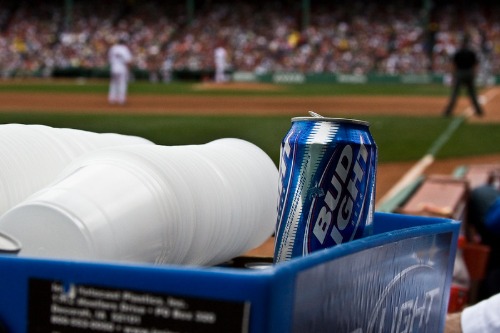
Once just another mass-market beer, Bud Light became a political lightning rod in 2023 after partnering with a trans influencer, Dylan Mulvaney. The campaign sparked calls for boycotts from conservative voices and became a flashpoint in debates about LGBTQ+ visibility in advertising. Suddenly, holding a Bud Light at a barbecue wasn’t just about taste—it felt like making a statement. For many, it turned a casual drink into a cultural litmus test.
The company tried to walk a middle line afterward, which only added to the polarization. Some felt betrayed by the perceived backpedaling, while others thought the backlash was wildly overblown. This left a lot of ordinary consumers caught in the middle. Now, even grabbing a six-pack has people glancing around, wondering what it might say about them.
3. Using Reusable Grocery Bags

Reusable bags used to be a no-brainer—why waste plastic when you can carry your own? But in some places, bringing a cloth tote now feels like a statement about your environmental and political consciousness. It’s become associated with liberal urbanites, Whole Foods shoppers, and climate activism. On the flip side, resisting bag bans can be seen as a stand for personal freedom and traditional lifestyles.
Even small choices at the checkout line can feel charged. Cities and states with bag regulations are often at the center of the red-blue divide. And when stores charge for plastic, it can spark outrage over perceived government overreach. What was once just a bag has turned into a cultural signal.
4. Wearing a Mask in Public

In the early days of COVID-19, wearing a mask was a public health measure. But by mid-2020, it had evolved into a deeply political act. For many, masks symbolized caring for others and trusting science. For others, they represented government control and fearmongering.
Even now, long after mandates have lifted, wearing a mask can still draw side-eyes. In some communities, it marks you as overly cautious or liberal. In others, not wearing one can spark discomfort or accusations of irresponsibility. A strip of fabric on your face says way more than it used to.
5. Displaying the American Flag
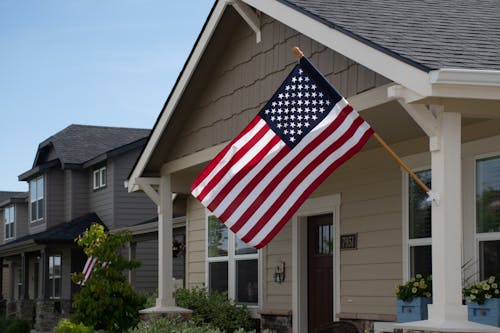
Flying the flag has traditionally been a symbol of national pride and unity. But over the last decade, and especially post-2020, it has taken on a more complicated, often political tone. For some, it still represents shared ideals and patriotism. For others, it’s been co-opted by movements they associate with exclusion or extremism.
The Capitol riot in 2021 featured heavy flag symbolism, changing how some Americans perceive the stars and stripes. Now, a flag outside someone’s home can signal strong conservative views—or even far-right sympathies. Meanwhile, others try to reclaim it as a unifying symbol. But there’s no denying it feels different today than it did ten years ago.
6. Watching the NFL
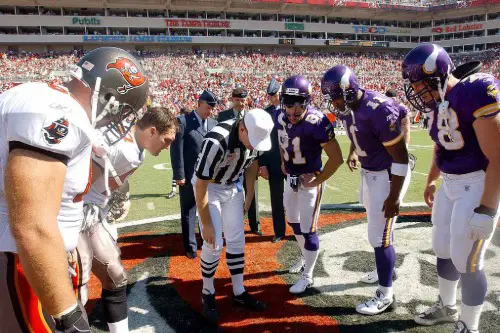
Once America’s most unifying pastime, football now sits at the intersection of entertainment and politics. The Colin Kaepernick protests in 2016 lit the fuse, sparking debates over race, policing, and free speech. Some fans boycotted the league for being too political; others for not being political enough. The game never changed, but the context around it sure did.
Even just tuning in can feel like a loaded decision. Depending on who you talk to, the NFL either bowed to “woke” pressure or doubled down on patriotic displays. Halftime shows and commercials now get scrutinized for cultural messaging. What used to be background noise on Sunday is now a reflection of larger national rifts.
7. Talking About Gas Prices
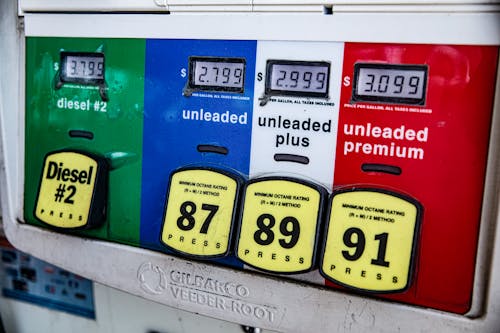
Gas prices have always been a kitchen-table issue, but now they’re a full-blown partisan argument. Conversations about them often spiral into debates about Biden’s energy policies, global supply chains, and even climate change. One person sees high prices as a failure of leadership; another sees them as necessary growing pains toward cleaner energy. It’s no longer just about the cost of filling your tank.
This tension gets amplified during election cycles. Politicians from both sides use gas prices to score points, regardless of actual economic causes. At the pump, people might chat—or argue—about whose fault it is. The numbers on the sign now fuel more than just your car.
8. Shopping at Target
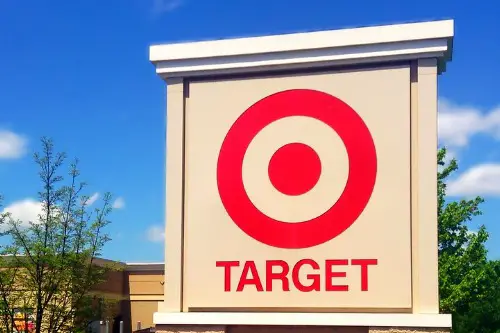
Target used to be seen as the friendly, middle-class big box store. But recent controversies over LGBTQ+ displays and Pride merchandise have drawn the store into cultural crossfire. Critics accused the company of pushing “woke” agendas; others blasted it for caving to backlash. Suddenly, buying throw pillows or kids’ clothes had political undertones.
The debate spilled onto social media, with calls to boycott coming from both directions. Employees reported threats, and some displays were quietly removed. For many customers, a Target run no longer feels apolitical. Even your choice of where to buy laundry detergent can say something now.
9. Sending Kids to Public School
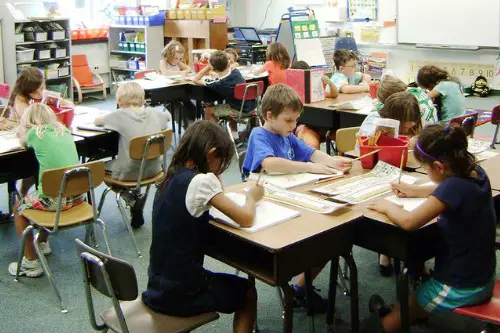
Public education has become a battleground over everything from mask mandates to curriculum content. Debates around critical race theory, LGBTQ+ inclusion, and book bans have turned school board meetings into hot zones. What was once seen as a default choice now feels like a political statement. Parents are increasingly choosing schools based on perceived ideology.
Even discussing where your kid goes to school can open a can of worms. Is the school too liberal? Too conservative? Too focused on equity—or not enough? Education is still about learning, but it’s also about which values are being taught.
10. Watching Disney Movies
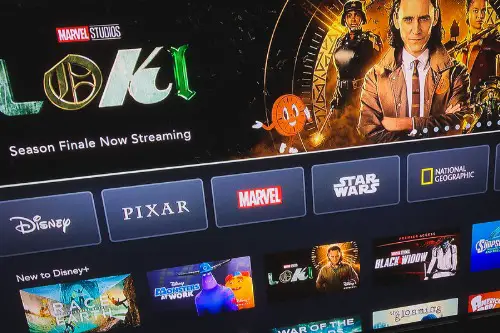
Disney used to be the safest, most wholesome entertainment brand around. But its stances on LGBTQ+ inclusion and diversity in casting have ignited criticism, especially from conservative groups. Florida’s fight with Disney over the “Don’t Say Gay” bill turned the company into a political actor. Now, even watching a cartoon can feel like choosing sides.
Some families avoid Disney for being “too political.” Others embrace its efforts to be more inclusive and representative. Whether you see it as progress or pandering, it’s hard to view Disney content as neutral. Mickey Mouse never used to be this complicated.
11. Driving a Hybrid or Electric Car
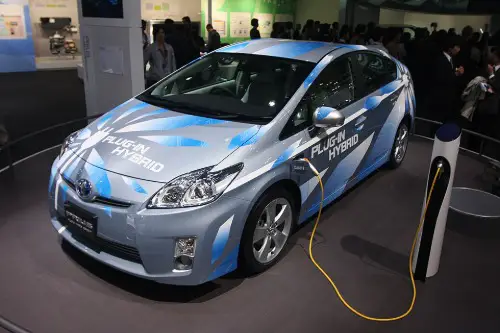
Buying a Prius or a Tesla used to be mostly about fuel economy or cool tech. Now, it can carry all sorts of political baggage, from environmental advocacy to elite coastal vibes. For some, it’s a symbol of progress; for others, it’s seen as virtue signaling or even anti-oil industry. The car you drive can cue assumptions about your politics faster than a bumper sticker.
This divide only deepened with government EV incentives and culture war narratives about “real” American values. Right-wing pundits have taken aim at electric vehicles as emblematic of liberal overreach. Meanwhile, progressives often champion them as crucial to fighting climate change. Either way, it’s no longer just about getting from point A to point B.
12. Choosing a Streaming Service
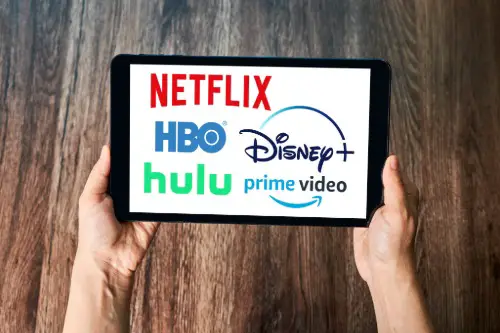
Believe it or not, even your streaming subscriptions can say something about you. Platforms like Netflix, Hulu, and Max are often scrutinized for the political messages in their original programming. Whether it’s a documentary on climate change or a comedy tackling gender identity, the content has become part of the culture war. What you binge-watch gets noticed.
And when services take public stances—like Netflix defending Dave Chappelle, or boycotts over anti-woke content—they make waves beyond entertainment. Viewers may feel like they’re voting with their wallets. So that relaxing movie night might come with a side of political discourse. The “skip intro” button doesn’t skip the baggage anymore.
13. Saying “Happy Holidays” Instead of “Merry Christmas”

This phrase used to be about covering all the bases during December. But it’s now a flashpoint in what’s been dubbed the “War on Christmas.” Some people insist that “Merry Christmas” affirms tradition and faith, while others say “Happy Holidays” is more inclusive. What started as a polite catch-all now invites scrutiny.
Retailers and public figures tread carefully, knowing either greeting can spark criticism. Social media often lights up with outrage over signage choices in stores. For many, it’s just a seasonal pleasantry. But increasingly, even those two little words carry the weight of cultural divides.
This post 13 Everyday Activities That Now Feel Weirdly Political was first published on American Charm.


